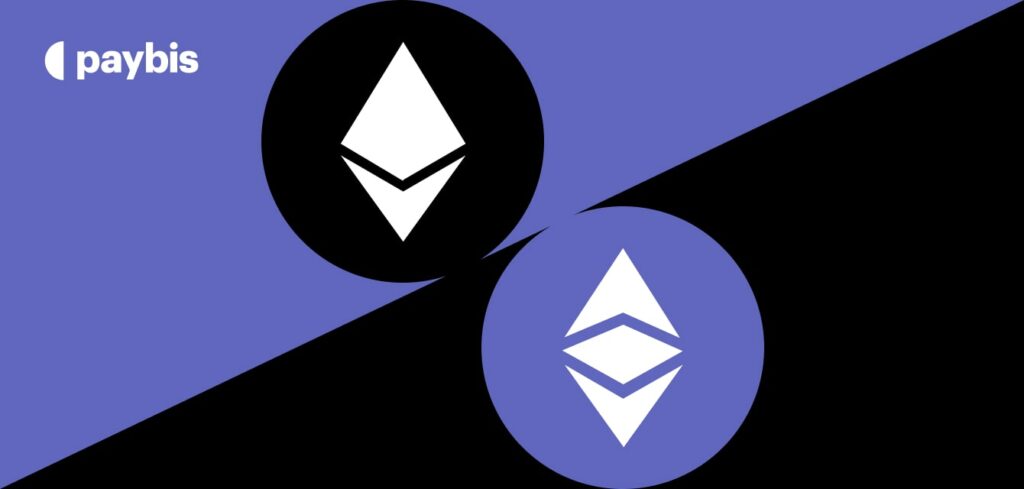Solidity
Solidity is a special-purpose programming language for writing smart contracts on Blockchain systems. In most cases, it is the Ethereum platform. It broadens the developers’ capability to make decentralized applications and automated contracts. They activate when certain conditions are satisfied.
Table of contents
What is Solidity?
Solidity is a programming language aimed at the writing of smart contracts in a blockchain network. Smart contracts are like normal contracts. The details are converted into codes, which process transactions automatically.
The language was developed for use with the Ethereum Network. It borrowed elements from Java Programming, C++, and Python, which made it easy for professionals in the language to master it.
How Solidity Works
The Solidity programming language falls under the categories of high-level hyphens and static programming language. Here’s a simplified look at how Solidity works:
Writing the Code
Solidity is used by developers to write smart contracts. The code describes how tokens are transferred when payments are made, and voting for decentralized governance.
Compiling
When a contract has been written, it is compiled into byte code with the help of the Solidity Compiler. This byte code can be read by the Ethereum Virtual Machine (EVM), which executes smart contracts on a blockchain.
Deploying on Ethereum
Thereafter, the compiled contract is deployed to the Ethereum network to become part of its blockchain. Once deployed, a contract cannot be modified because it is immutable. However, other users, as well as other smart contracts, can work with this through transactions.
Executing the Contract
Once deployed, the contract self-executes based on the conditions stipulated in its source code. For example, one creates a smart contract that transfers tokens when a payment comes in. Then, when certain conditions are met automatically, a transaction will take place.
Key Features of Solidity
Solidity has many strengths that make it effortless to use for developing blockchain applications:
- Smart contract development. Solidity was created for the purpose of building and executing smart contracts on the Ethereum platform.
- Inheritance and libraries. Solidity also supports inheritance, which enables the creation of contracts based on other contracts and the reuse of some codes.
- Modifiers and events. In Solidity, features like modifiers can be introduced to the project. It will enable the developer to manage how specific functions are performed, subject to rules being fulfilled.
- Integration with Ethereum Virtual Machine (EVM). Solidity source codes are converted into byte code, which is distributed and executed on the EVM.
Close integration guarantees that smart contracts are performed safely.
Use Cases of Solidity
There are many applications of Solidity, some of which are:
- Decentralized Finance (DeFi). Most of the efforts in working with Solidity are directed towards developing DeFi protocols. They facilitate decentralized off-chain borrowing and trading platforms. Smart contracts dictate the management, redistribution, and return of the funds.
- Token creation. Using Solidity, developers can create and work on platforms such as Ethereum by creating tokens that use ERC-20 and ERC-721. These tokens may be instrumental in digital currencies and non-fungible tokens.
- Decentralized applications (dApps). dApps on the Ethereum platform are also developed with the Solidity programming language.
- Smart contract automation. Escrow contracts and other types of contracts, for example, those for issuing payments, or agreements, where transactions are made automatically, can also use Solidity.
These use cases reveal why developers in different industries choose to implement Solidity.
Benefits of Using Solidity
Solidity is also beneficial for the developers and the businesses:
Decentralization
With Solidity, it is possible to create applications that are distributed and emanate from the Ethereum network. It enables the reduction of intermediaries and enhances trust.
Security
A smart contract, once exercised, cannot be changed. In turn, it means more security for the agreement than given with traditional comfort. This means that no agreement made and executed on the blockchain will be defrauded.
Transparency
Solidity smart contracts are transparent, as all transactions and operations are recorded on the blockchain. It makes the flow of the assets and the auditing of the contracts simple.
Automation
Along with creative accounting, Solidity-triggered contracts can perform preset actions with no further intervention. The complexity of the management is decreased.
FAQ
What is Solidity?
The Solidity language is used to write and implement Smart contracts on the Ethereum blockchain.
What are smart Contracts?
Smart Contracts are coded agreements that consist of code, when certain conditions are met the contract is executed automatically.
Why is Solidity important for Ethereum?
Solidity allows for the building of decentralized applications (dApps) and contracts. It is very critical in the operation of DeFi, NFT and further technologies built on the Ethereum platform.
Disclaimer: Don’t invest unless you’re prepared to lose all the money you invest. This is a high‑risk investment and you should not expect to be protected if something goes wrong. Take 2 mins to learn more at: https://go.payb.is/FCA-Info


